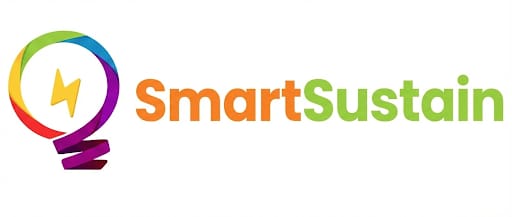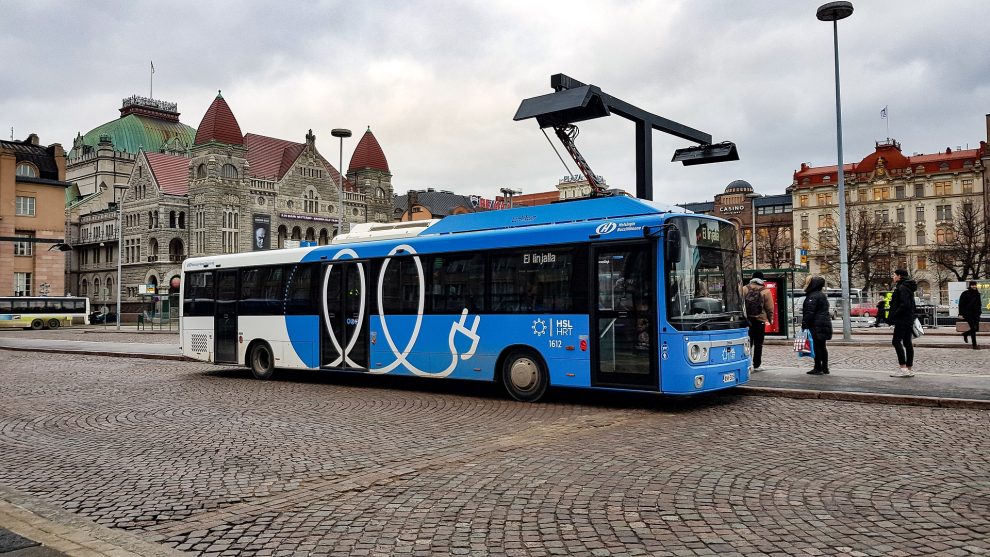Subsidies for 5,595 electric buses have been sanctioned under FAME India 2 scheme across 64 cities in India
The NTPC Vidyut Vyapar Nigam Limited, a subsidiary company that is completely held by NTPC (National Thermal Power Corporation forged an deal with the Department of Transport of Andaman and Nicobar islands to ply a fleet of electric buses in the region.
The fleet of electric buses, deployed by the NTPC subsidiary, will operate commercially by the month of August 2020, within the union territory of the Andaman and Nicobar islands. Deployment of electric buses calls for setting up public charging stations specifically for buses. The NTPC in collaboration the administration of Andaman are partnering on establishment of e-bus charging infrastructure on the tropical island.
“Under this project, the company is offering a complete transport solution, including twenty air-conditioned electric buses of nine meters each in phase 1 of the project,” the company said in a statement.”
This is not the first fleet of electric buses to be deployed in the country. The Department of Heavy Industries (DHI) sanctioned subsidies for 5595 e-buses under the Faster Adoption and Manufacturing of Electric & Hybrid Vehicles (FAME-II) scheme across 64 cities in India and the Delhi Metro Rail Corporation (DMRC). The Indian government and Nithin Gadkari (Minister for Road Transport & Highways of India) have been hinting at a drastic push in the direction of clean mobility in public transport and the private vehicle segment.
The DHI had floated an expression of interest (EOI) in June 2019 inviting bids from million plus cities; smart cities; state or union territory capitals; and special category states. The EOI was for the deployment of electric buses (e-buses) on an operational cost basis. The response to the EOI was excellent with 86 proposals sent out from 26 states or union territories for the sanction of 14,988 e-buses.
Each bus sanctioned through the EOI is eligible for subsidies under the FAME India II scheme. A bus sanctioned under this process will get a demand incentive from DHI of up to 40% of the estimated cost of the e-bus. The maximum incentive that can be sanctioned is Rs.55 laths for standards buses; Rs.45 lakhs for midi buses; and Rs.35 lakhs for mini buses.
Cumulatively, 5095 e-buses are slated to be deployed under the FAME India 2 subsidy scheme across the 64 ear marked cities. Each of the 64 cities will ply a minimum of 25 e-buses each. The five metros (Delhi, Bengaluru, Mumbai, Hyderabad and Ahmedabad) got allocated 300 electric buses each. Around 400 buses have been deployed for interstate traffic. Also, 100 electric buses have been approved to be deployed by DMRC to support last-mile connectivity.
It seems like the government is taking its responsibility to curb air pollution and climate change rather seriously this decade. In terms of private vehicles, the switch to BS VI (Bharat Stage 6) fueled vehicles has already occurred on 1 April, 2020. According to the governments’ mandate put out by the NITI Aayog last year, all three wheelers sold after 2023; two wheelers sold after 2025; and four wheelers sold after 2030 have to compulsorily be electric. As interesting as these measures seem, it waits to be seen how the implementation of the same will be undertaken in the years to come.














Add Comment